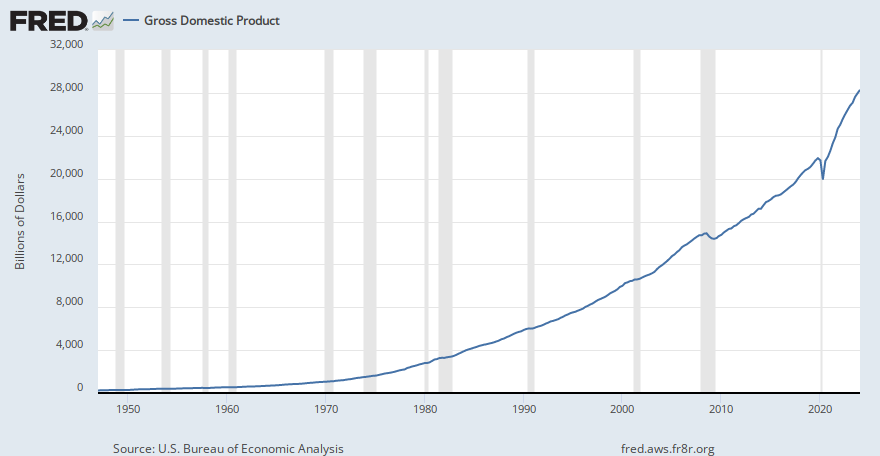and the evidence to back up your feelings regarding evil doings is............?
Interesting you used betting odds. imo, it is not a method I would use.
I revealed the sport books odds at 10:17 Election Day night so one understood why
Anyone might feel including Trump who felt he was on his way to a 2nd term.
Multiple oddsmakers have refuted President Donald Trump’s claim about his advantage over Joe Biden on election night. “At 10 p.m. on Election Evening, we were at 97% win with the so-called ‘bookies,’” Trump tweeted that Wednesday. What did the oddsmakers actually say? Trump became oddmakers’ favorite as Election Day turned into night, but it wasn’t the massive advantage he claims.
Read more at:
https://www.mcclatchydc.com/news/politics-government/election/article247750855.html#storylink=cpy
Action Network said Trump’s odds to defeat Biden, who has since won the election, were at 74.2% at 10 p.m. Nov. 3. Those were his best odds of the week. His probability through US-Bookies.com at 10 p.m. implied he had a 71% chance to win.
Read more at:
https://www.mcclatchydc.com/news/politics-government/election/article247750855.html#storylink=cpy
My contention was then & is now that the sports books indeed calculated the ‘Mail-in ballots, &
early voting’ into their odds & at 10PM & determined they wouldn’t be enough to overcome Trumps
substantial lead at that time but not the 97% chance Trump boasted rather a 70% chance with Biden’s
Odds at +325. That’s like an 8pt favorite in football or a nice favorite but not a sure thing.
Most of the academic literature studying the predictive ability of prediction markets agree on the superior forecasting accuracy compared to polls or quotes
Rothschild (2009) corrected polls and prices for inherent biases, and his results also support the conclusion that prediction markets outperform polls, both at the beginning of campaigns, and all along the races. Again, the reason might be that market price setters can act on electoral factors that are not incorporated in polls until the next poll (Erikson Wlezien, 2012).


